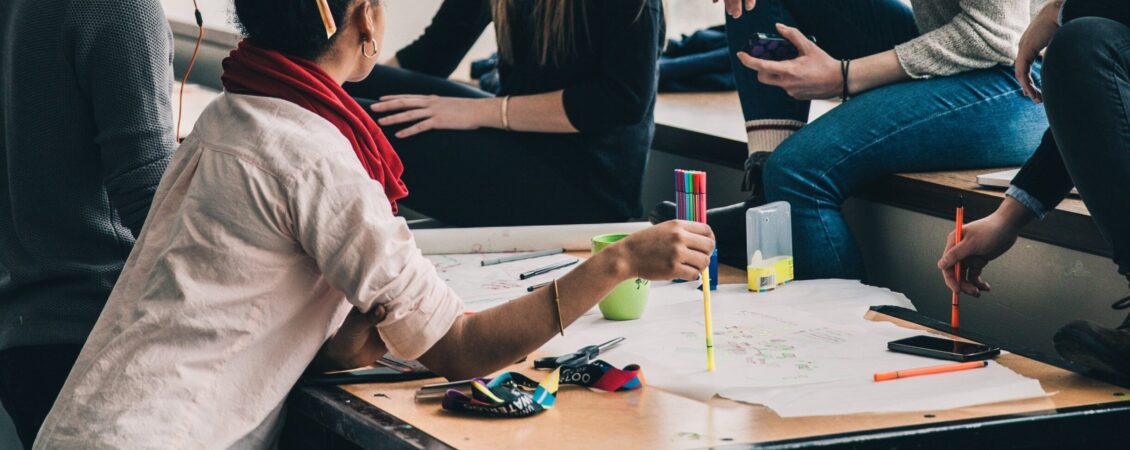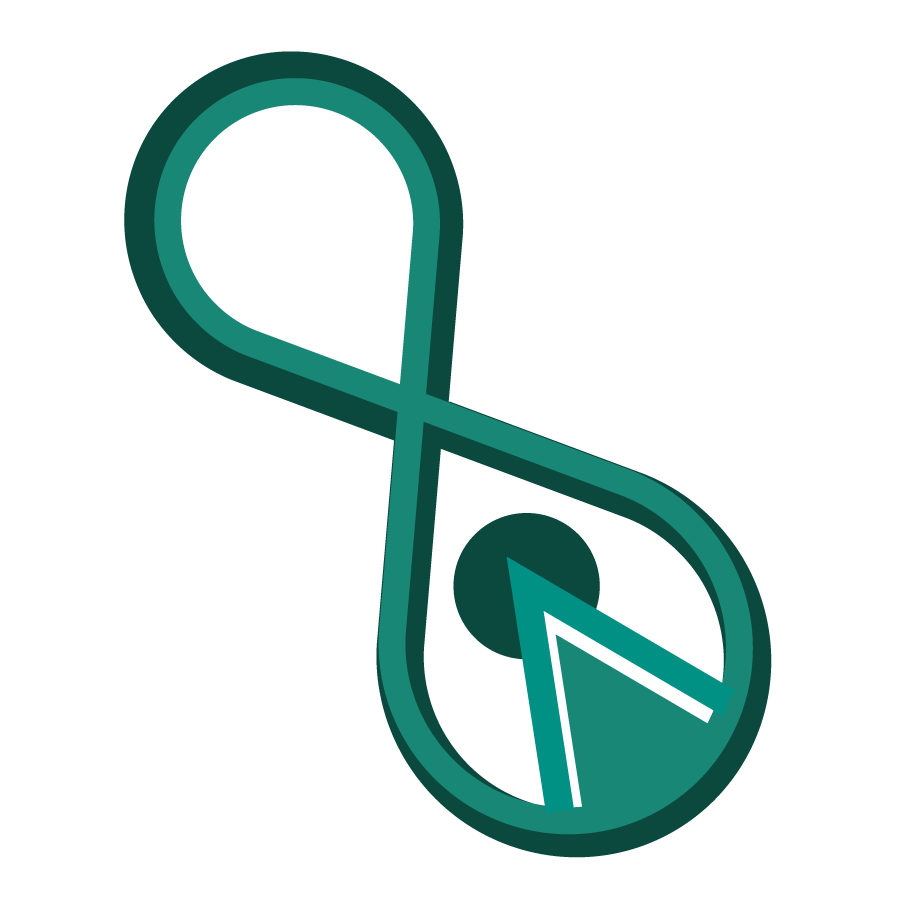
No matter how competent one feels at one’s job, we all have moments where we recognize our growing edges. In doing cultural humility training work, I’ve certainly had many. Although I am informed by years of experience working with marginalized clients, including people with disabilities, homeless youth, and LGBTQ seniors—many of whom were low income people of color—everything I teach and recommend is filtered through my privileged experience as a white, highly educated trans man. I have certainly been marginalized in many situations because of some my identities, but, critically, race or ethnicity (actual or perceived) is not the cause.
I recently facilitated an Interrupting the Cycle of Oppression training the day of nationwide protests against state-sponsored anti-Black violence (the killings of George Floyd, Breonna Taylor, and Tony McDade, among others.) I planned to co-facilitate the training with a colleague of mine who is a person of color, and whose personal, academic and professional experiences differed from my own. However, they were not available for the final scheduled date, so I was facilitating solo. Many of the training participants were people of color (POC) working with POC youth in social systems. I knew I had a responsibility to hold space for the emotional state of everyone in the room, and that there may be some folks who would not be able to engage with the material with me as a facilitator.
I often begin such sessions by naming as a white man, sometimes I am not the right trainer for everyone, and I’m okay with that. When I facilitate cultural humility trainings alone, I contextualize the session by acknowledging my own identities and naming that participants will need to seek out other perspectives in order to have a well-rounded knowledge base. I feel called to facilitate sessions for white people who are beginning their journey of accountability for their part in white supremacy. And I know it’s vitally important for us as white people to process separately from people of color.
I encourage cultural humility courses to be co-facilitated, and I offer my cultural humility courses in partnership with colleagues who can offer perspectives different from my own. This is particularly vital for cultural humility trainings from anti-oppressive frameworks, as I can only speak from the perspective of being a white co-conspirator. With the right co-facilitator, we can each offer our lived experience at different intersections of identity, whether personal, professional, or academic. We can embody effective cross-cultural communication and check each other’s understandings in relation to the people in the room.
If you are interested in a training with a co-facilitator, please let me know and I will connect with the colleague that best fits your needs. Be in touch with me at info@infinitediversityllc.com or click below to inquire about a training!
